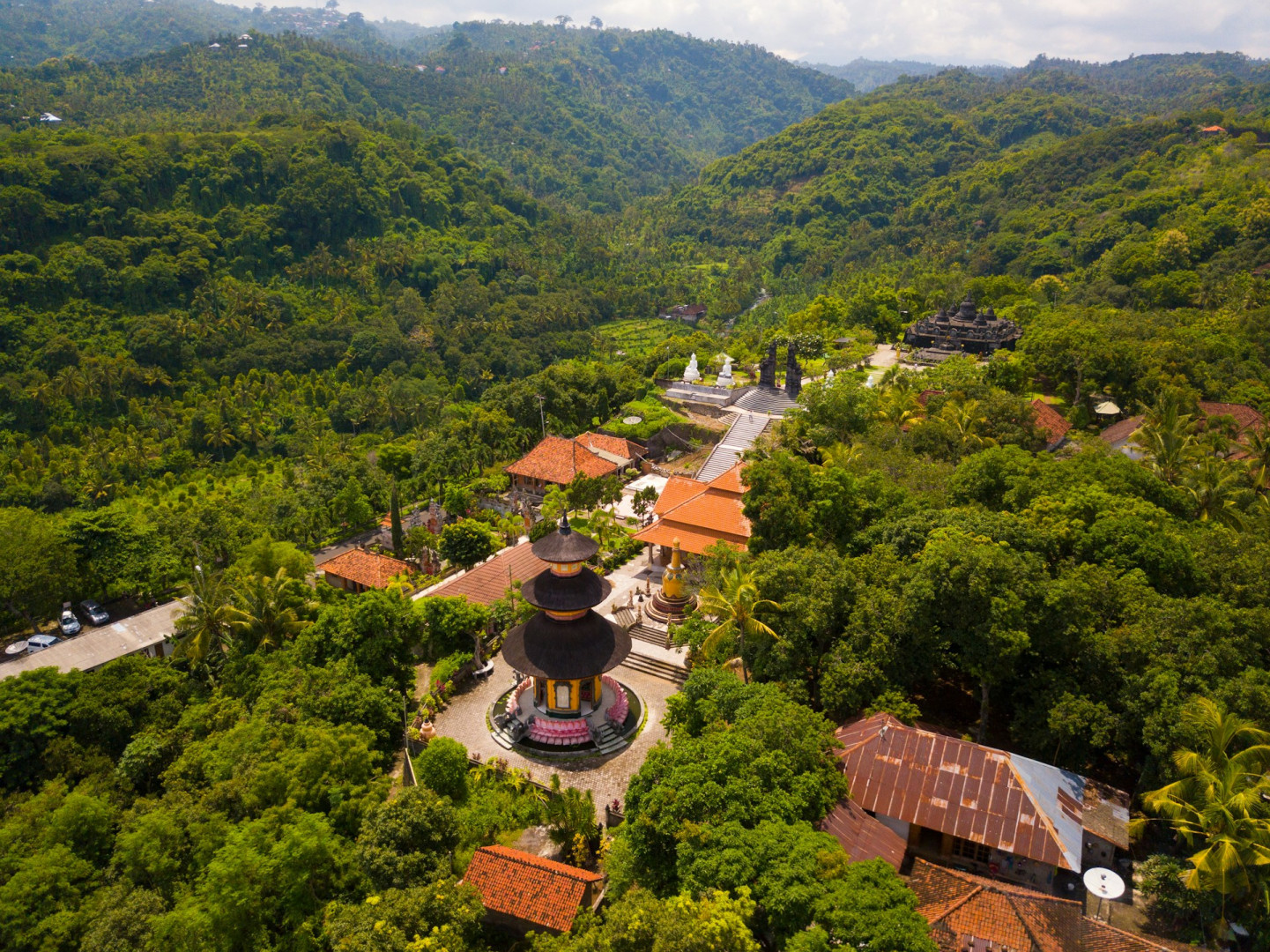
Off-plan properties
About us
Banjar is a distinctive and indispensable element of Balinese life. Whether you are traveling to Bali or living there, knowing what a Banjar is will provide you with a wealth of understanding about the island’s culture, community life, and social structure.
In Bali, a Banjar is a traditional neighborhood organization. But the identity of a Banjar goes beyond a local council or village group; it embodies a close-knit community which takes care of daily life, religious ceremonies, social gatherings, and even local administration. A village in Bali is usually composed of a few Banjars, each of which is organized and structured under the Desa (village).
The Banjar is responsible for coordinating and facilitating religious, cultural ceremonies, and rituals. This includes:
Members of the Banjar are expected to provide time, money, and effort to facilitate such events. You don’t have the option not to participate; it’s part of the very fabric of Balinese identity and spirituality.
The life of the Banjar is founded on the principle of gotong royong, or working together. Members help one another in times of crisis – illness, financial stress, family emergencies. The Banjar offers not just emotional support but tangible help, including financial assistance for ceremonies, community help with construction or repairs, and active support during life’s major moments.
This tightly woven social network is one of the reasons Balinese villages are so resilient and deeply interconnected.

Each Banjar operates under its own local structure, which may include a unit called Kepemudaan, and one or more small klian (sub-units headed by a klian or pemacek) as well as dusun or kubu – the smallest unit consisting of several Banjars. These unwritten rules are based on tradition and culture, and apply to everything from ceremonial procedures to conflict resolution and proper behavior.
Banjars are generally led by a Kelian Banjar, a headman elected by the members. This leader conducts meetings, makes announcements, and maintains order among the group. Consensus is at the core – decisions are made communally, and the entire community upholds the norms that have evolved over centuries.
Banjar members are not just responsible for the social dimension of their community but also for the physical environment. They co-manage the community hall, repair roads, maintain temples, and organize regular clean-ups. These efforts are often carried out during gotong royong – communal workdays that emphasize collective benefit over personal gain.
While not glamorous, such activities foster a strong sense of ownership and pride. Infrastructure isn’t seen as a government responsibility, but as a shared resource maintained by those who rely on it daily.
Ceremonial security, parade management, and oversight of public events fall to traditional guards called Pecalang. Drawn from within the Banjar, they are recognized by their black-and-white checkered sarongs as they maintain peace, guide traffic, and, when needed, coordinate with the police.
Even in moments of crowding or chaos, the Pecalang ensure order. Their authority is respected because it is local and familiar – they are neighbors, not strangers – and their presence is seen as protective rather than punitive.
Modern life has introduced challenges to the Banjar system. Urban migration, changing work patterns, and generational shifts in priorities have made it harder for some to stay actively involved. Young people often move to cities, while others struggle to balance Banjar responsibilities with contemporary jobs.
Nevertheless, the Banjar continues to adapt. Some communities now manage savings groups, rent out facilities for income, and use digital platforms to organize meetings. Despite these updates, the fundamental values of participation, unity, and mutual respect remain unchanged.
The Banjar is not just a community – it is the soul of Balinese culture. It governs not only through traditional rules, but through deep social ties. It holds families, neighborhoods, and entire villages together through cooperation, ritual, and shared belief.
To know Bali is to know the Banjar. And after seeing how it works, you might even find yourself wishing the rest of the world could function the same way.
Whether you choose banjar or not, housing in Bali is always a great option for investment. Especially in the era of remote work. DDA Real Estate will help you buy a villa in Bali at a bargain price. We will provide full support throughout the transaction.